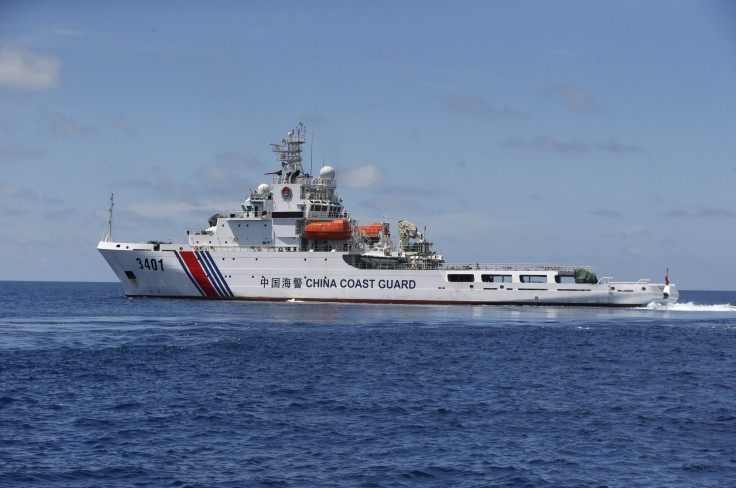More Chinese Warships Transit Philippine Waters Without Permission
Five Chinese warships were once again detected passing through the Sibutu Strait in the Philippine’s territorial waters in late July and early August, said the Armed Forces of the Philippines (AFP). The passings seem to be a continuation of China’s practice to ignore customary maritime law requiring battleships to notify the governments of coastal countries of their presence.
The Sibutu Strait is a passage between the Sulu Sea and Celebes Sea to the southeast. The waters are an international sea lane where commercial and non-military vessels have “right of innocent” passage.
On July 22, Defense Secretary Delfin Lorenzana and Chinese Ambassador Zhao Jianhua had a conversation around the time of the State of the Nation Address, where it was reported that Zhao told Lorenzana that he would instruct the Chinese Navy to give the required notice.
This was after four Chinese ships had passed through the Balabac Strait (also in Philippine territorial waters) on June 17 plus other detected transits since February. AFP spokesperson Brigadier General Edgard Arevalo called it a “deception” when the automatic identification systems may have been deliberately turned off to avoid detection.
Lieutenant General Cirilito Sobejana, the AFP Commander, claimed that the five warships cannot be deemed as “innocent” because they were on a curved course. Speaking in his native language he said [translated], “They were not hostile, but the thing is, it was not an innocent passage because innocent passage should be in a straight line. Once you curve, that is no longer considered innocent passage. He added, “Since these are warships, their entry to our territory should be coordinated [with Philippine authorities].”

He may have been referring to the United Nations Convention on the Law of the Sea, Article18, section 2 on the “Meaning of Passage” that reads: Passage shall be continuous and expeditious. However, passage includes stopping and anchoring, but only in so far as the same are incidental to ordinary navigation or are rendered necessary by force majeure (unforeseeable circumstances) or distress or for the purpose of rendering assistance to persons, ships or aircraft in danger or distress.
Sobejana said AFP has informed the national leadership about the latest five Chinese warships they spotted so that "they can engage with their counterparts in the Department of Foreign Affairs or with their attachés in Manila.”
The Department of Foreign Affairs (DFA) recently said it had filed diplomatic protests but it is not clear if they have declared this to be an “official protest” of the clandestine passages.
© Copyright IBTimes 2025. All rights reserved.




















